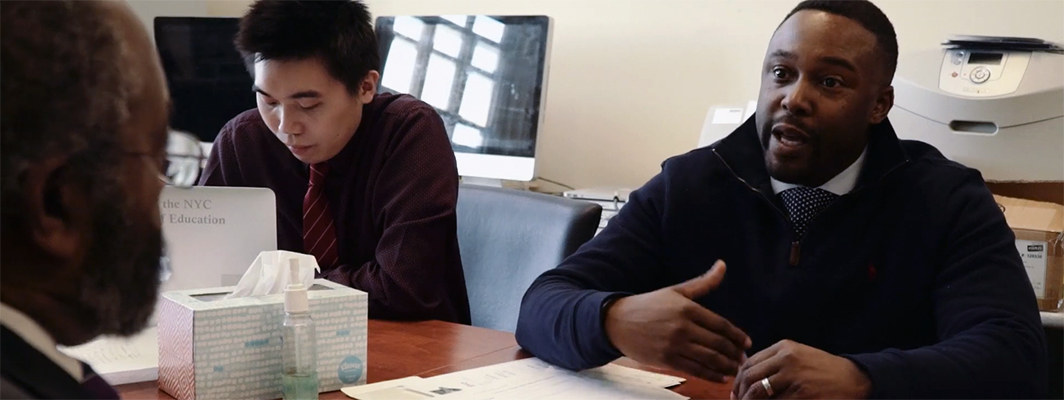
January 31, 2020 | By Karen Cator
Ongoing professional learning opportunities are critical as teachers strive to continuously advance their ability to meet the needs of their students in an ever-changing world. One incentive for continuous learning is the recognition teachers receive through methods like credits or pay increases. As states, districts, professional organizations, and other entities develop systems and policies that include recognizing micro-credentials for educators, overarching guidance should enhance quality and consistency.
In early 2019, the Council of Chief State School Officers (CCSSO) launched the Certification and Licensure Collective to engage with a wide range of stakeholders who support states to improve all parts of the system, including initial licensure, renewal, and license reciprocity to support teacher mobility. As part of the work focused on licensure renewal, CCSSO joined with national organizations, including Digital Promise, to explore ways states might move toward competency-based recognition of professional learning. After a year of collaborative development, we are excited to announce the release of the Design, Assessment, and Implementation Principles for Educator Micro-credentials.
The national organizations participating in the collective, including the National Education Association, Learning Forward, the American Institutes for Research, among others, participated in a facilitated conversation about the promise of—and barriers to—using micro-credentials for professional licensure renewal. Based on our prior research and feedback from the other organizations, the collective chose to outline principles to support the design, assessment, and implementation of educator micro-credentials. This resource provides that guidance for:
The principles offer a starting point for micro-credential earners (educators working to build their competence and earn a micro-credential), issuers (organizations, institutes of higher education, and other content experts who develop, assess, and award micro-credentials), and those who recognize their value (school and district administrators, as well as state and district policymakers who give value to micro-credentials) to consider. These groups may use the principles differently.
Please share your thoughts and feedback about these principles by joining our Twitter chat on Feb. 5 at 3:30 pm ET. Use the hashtag #EducatorMCchat.
You can also learn more about how states and school districts are implementing educator micro-credential policies by visiting Digital Promise’s interactive Micro-credential Policy Map.
Explore educator micro-credentials that meet these guidelines at https://microcredentials.digitalpromise.org and https://nea.certificationbank.com.
By Adrianna S. and Kyrie F.
By Xin Wei and Dr. Susu Zhang